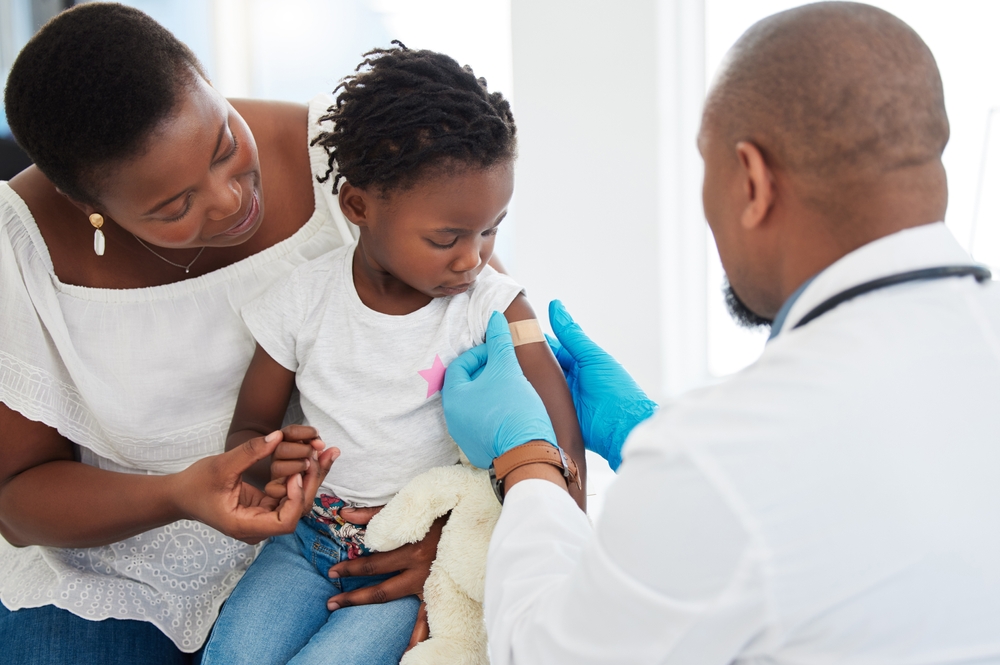The Struggle to Keep Kids Immunized and Schools Safe from Infectious Disease has Gotten Even Tougher

By Dennis Archambault
The persistent decline in early childhood vaccinations does not bode well for preventing and containing infectious disease among youth. The anti-vaxx movement, coupled with anxiety from misinformation regarding the coronavirus vaccine, “vaccine fatigue,” and general societal avoidance of vaccines, have contributed to a steady drop in immunizations. Data from the Michigan Care Improvement Registry, cited by The Detroit News, suggests that children 19 months to 36 months old are particularly deficient.
The state has initiated a social marketing campaign called “I Vaccinate,” that includes paid advertising and communications distributed through primary care and hospital providers. The Michigan Health & Hospital Association has announced its support of the campaign. It seems, however, that parents are not accepting the state’s assurance that “the United States has the safest, most effective vaccine supply in its history. Clinical trials are conducted to evaluate the safety and effectiveness of a vaccine before it can be brought to market.”
The voice in opposition to this reasoning comes from Vaccine Choice, a nonprofit that draws from anti-institutional trust in society in its arguments against vaccines. The Detroit News quoted Connie Johnson, a board member of Michigan for Vaccine Choice: “People, especially parents, are smart, and they’re savvy consumers. You may find that people are doing a lot of research and educating themselves and making a decision that puts them in the category of that decline.
The unraveling of social structures prompted largely by a lack of trust in leadership at all levels is a trend that compromises efforts to achieve the greater good. It certainly will make efforts by community health providers to promote back-to-school vaccines and the upcoming renewal of the coronavirus booster and flu shots that much more difficult.
Dennis Archambault is vice president of Public Affairs for Authority Health.
